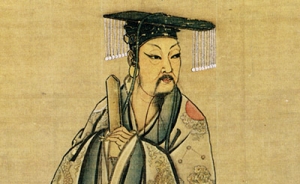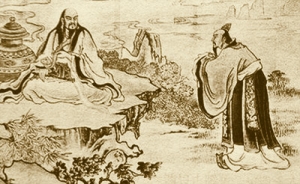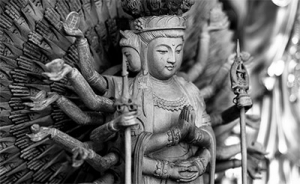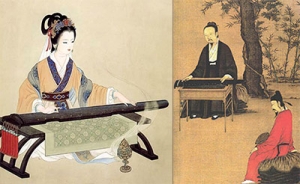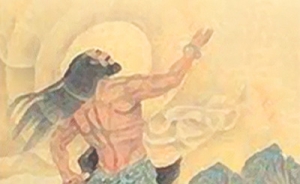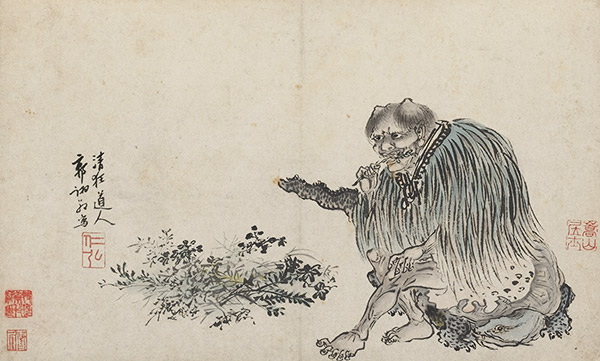
Mythistory’s Divine Farmer

Shen Nong as depicted in a 1503 painting by Guo Xu.
Thousands of years ago, even before there were dynasties, the ancient Chinese believed their culture was bestowed upon them from the divine, and that the rulers of antiquity were half-god and half-man. One such demigod was known as Yandi. This is his story.
Yandi was a wise and benevolent emperor. He had a man’s body, an ox’s head, and a transparent abdomen. They called him the sun god, though he had many other names. For his contributions to agriculture, herbology, and medicine, he was dubbed the Emperor of Five Grains and the God of Chinese Medicine. But the name he is most remembered by today is Shen Nong, meaning, the Divine Farmer (shén nóng 神农).
Legend has it that a minister came to Shen Nong’s court one day, petitioning him to call upon an old man suffering from great pains. No one knew what was wrong with the poor gentleman or how to help him, as in those days there was no medicine or proper system of medical care. The old man passed away shortly after.
This incident struck Shen Nong deeply—how could he stand idly by while his people suffered and died? He resolved to do everything in his power to expand medicinal knowledge.
Selfless Sacrifice
Every day thereafter, Shen Nong trekked into the forest and foraged for wild plants, sampling as many as he could find. He categorized them by taste and attributes—here’s where his transparent stomach came in handy—and discovered which ones were poisonous and which had healing properties. In total, he identified 365 medicinal herbs, numerous fruits and vegetables, and the five staple crops of ancient China: rice, wheat, sorghum, millet, and beans.
Through his taste-testing adventures, Shen Nong developed an understanding of how different plants grew, what type of soil was best for different herbs, and which seasons they thrived in.
It’s said that Shen Nong invented the calendar, plow, and axe. He also drew plans for mass cultivation, preservation, and storage of foods, so his people would always have enough to eat. This marked the beginning of agriculture in China. Thousands of years later, Han Dynasty scholars compiled a book based on his findings—The Divine Farmer’s Herb-Root Classic (神农本草经 Shén Nóng Běn Cǎo Jīng).
One may wonder how Shen Nong ate countless unidentified herbs each day, yet managed to avoid mishap. Wasn’t he ever inadvertently poisoned? Actually he was, and sometimes up to 70 times a day. But Shen Nong had discovered an antidote that would cure all poisons. It was called chá (茶)—tea.
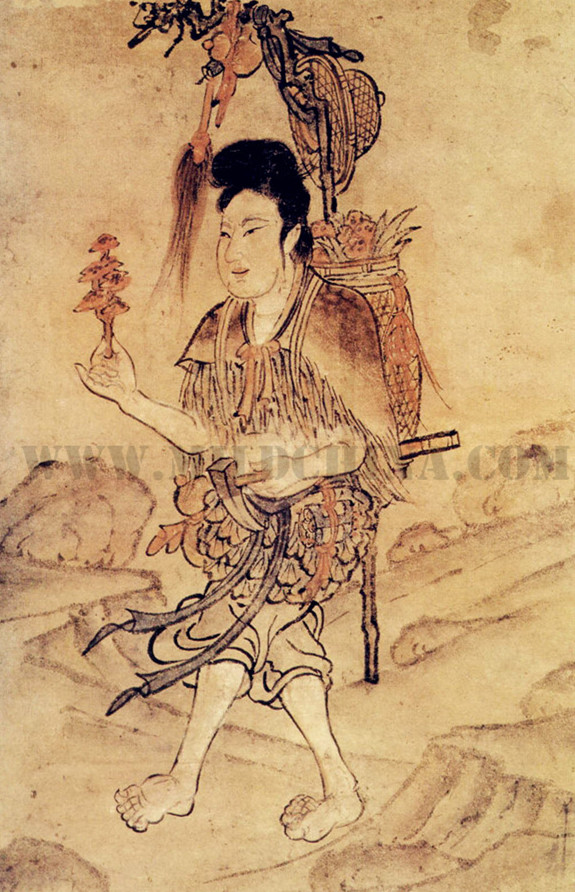
According to legend, tea was first discovered
by the legendary Shen Nong.
One day, Shen Nong was building a fire to boil water when a few leaves from the kindle got into the pot. Call it occupational hazard. Shen Nong, who was already taste-testing anything he could get his hands on, naturally took a sip of this as well. As luck would have it, the remarkable brew not only helped him fight off toxins from anything harmful he tried to digest, but also allowed him to live to the ripe age of 120.
Unfortunately, the Divine Farmer did not always have tea at hand. The end came for Shen Nong when he sampled “intestine splitting grass” (断肠草 duàn cháng cǎo ), which proved as painful as it sounds. Unable to drink his antidote in time, Shen Nong died. Yet his legacy of selflessness lived on. And the extensive knowledge he left behind—the fruits of his sacrifice—has continued to benefit mankind to no end.
Ancient China was a land where gods and mortals lived in tandem and created a divinely inspired culture. And so it became that early Chinese history and mythology are wholly intertwined. Our new “Mythistory” series introduces you to the main characters of the marvelous legends of China.


